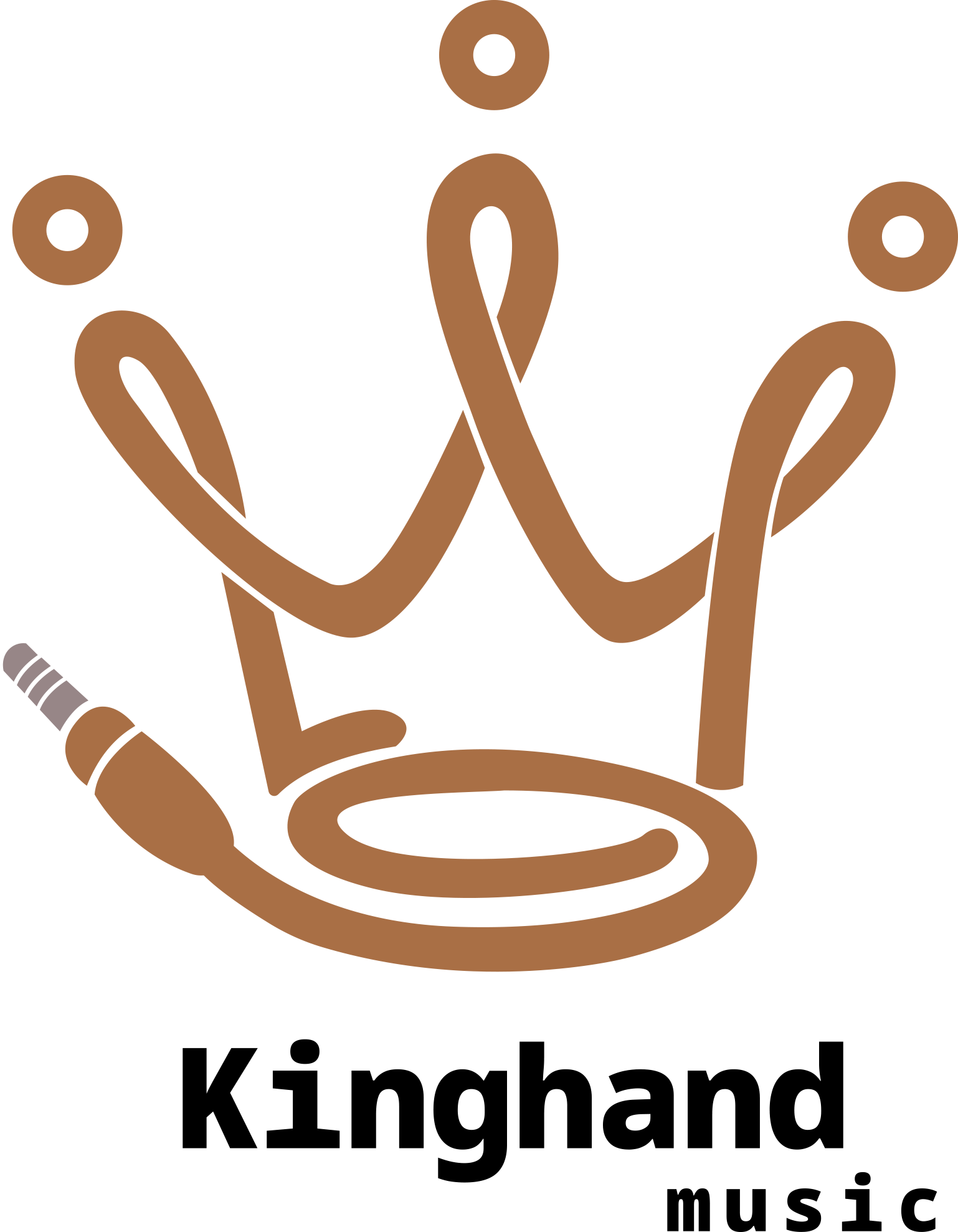I once said that mixing is a science, not a dark art. In hindsight, that was a bit too bold. We have to admit that mixing is a combination of technology and art. And anytime art is involved, it can't be called a science. Too much of human subjectivity is involved in art and even talking about the subjectivity in honesty is out of the question, let alone science.
What is science? Science first of all must be verifiable and falsifiable. When
it comes to sound, I believe this sound is good, you believe that sound is
good, but who's opinion can be verified or falsified? Neither. That's why
there's the saying "In literature there is no first, in martial arts there
is no second." In reality, is there really no first in literature?
Everyone has their own first in their heart, but you can't prove it to anyone.
So, in my opinion now, any debate about the good or bad of sound will be
endless, sometimes when I'm interested, I'll argue a little bit online, when
I'm not interested, I'm out. This kind of debate will never have a true result.
Everyone votes in their own way.
Just like, digital or analog, which is better? This question has been debated for too many years, everyone keeps saying their new point of view, there are also people constantly voting with their own money, and most people also like to say that their choice is correct. If you want to know who is right and who is wrong, we only need to think about one question:
If, for example, you had unlimited funds, would you fill your recording studio
with analog equipments and discard all digital gears? Maybe some people would,
but I wouldn't. I still think that some sounds are just right when processed
digitally, and some must be processed analog. So to me, the presence of digital
sounds is not simply because they are generally cheaper—not to mention that
high-end digital gear is not necessarily cheaper than analog gear—but that
digital sounds have their merits. Analog sounds, too, do not own 100%
advantages.
Of course, there will be people who can provide a lot of
counter-arguments to my opinion; after all, art is an area where everyone can
believe in what they think is right, and science can only serve as supporting
evidence.
I wrote this section to hope that people would stop wasting time
arguing over this issue. After all, art is at most half science. Let's leave
the science part to the device researchers, and as for us, why don't we spend
our time enjoying the music we like most?
